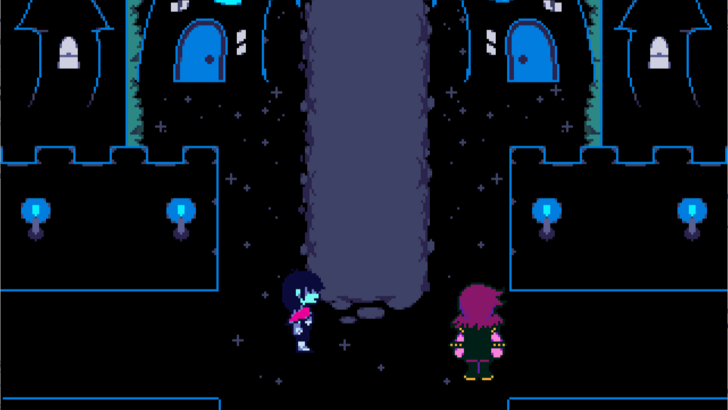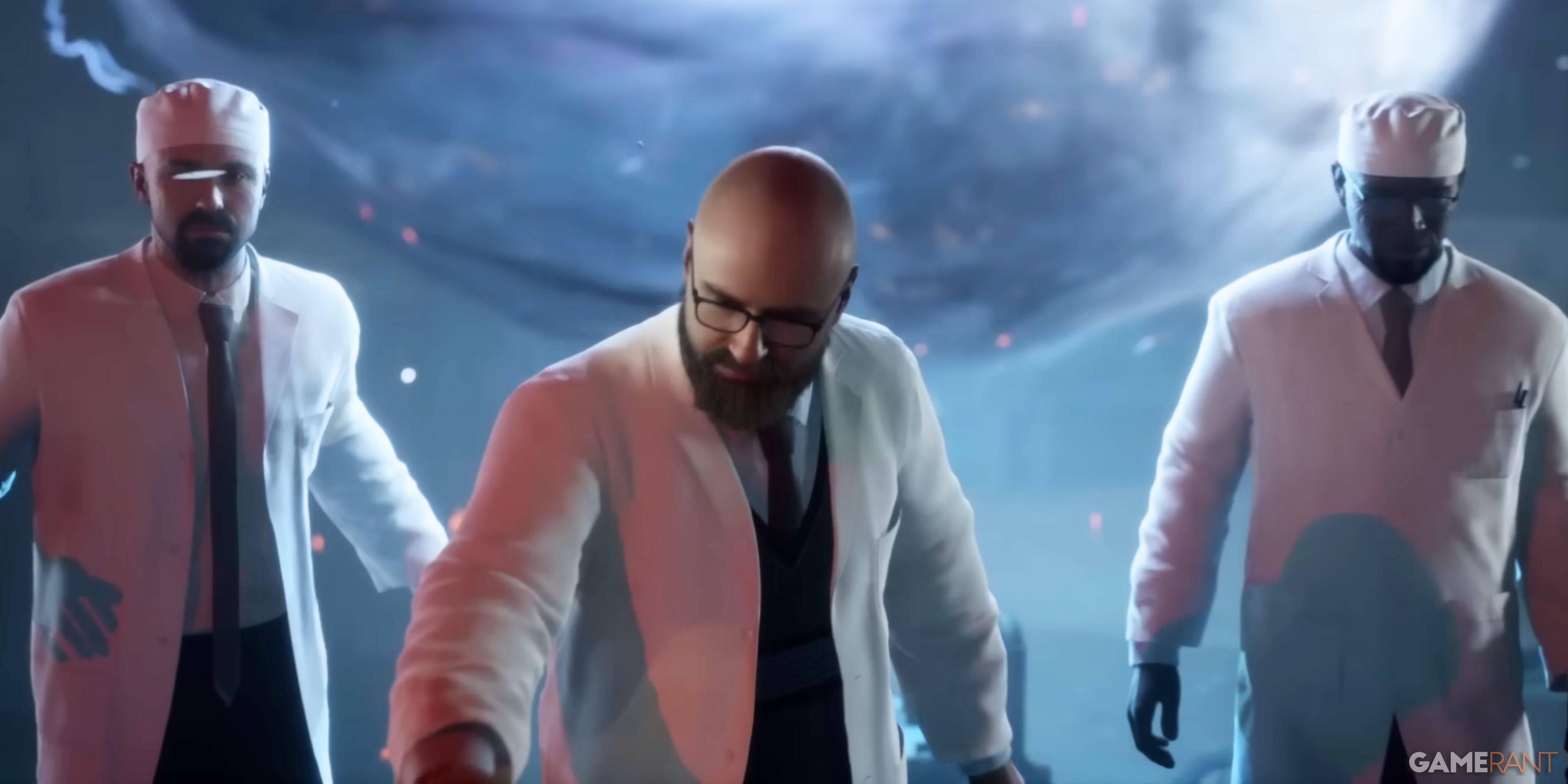The future of BioWare, a studio renowned for crafting immersive role-playing games (RPGs), is currently shrouded in uncertainty, particularly with regards to the Dragon Age and Mass Effect franchises. The latest installment in the Dragon Age series, Dragon Age: The Veilguard, was meant to reaffirm BioWare's prowess in delivering rich narratives and engaging gameplay. Unfortunately, the game received a disappointing 3 out of 10 rating from 7,000 players on Metacritic, and its sales were only half of what Electronic Arts (EA) had projected.
The journey to Dragon Age: The Veilguard was fraught with challenges. Initially conceived as Dragon Age 4, the game's development spanned nearly a decade, with numerous shifts in focus and direction. The project began with high ambitions following the success of Dragon Age: Inquisition. However, resources were diverted to other projects like Mass Effect: Andromeda and Anthem, causing significant delays. The game underwent a transformation from a planned live-service model, codenamed Joplin, to a single-player experience, renamed Morrison, and finally to Dreadwolf before settling on The Veilguard. Despite positive critical reception, the game only managed to sell 1.5 million copies, falling far short of expectations.
Following the underwhelming performance of The Veilguard, EA initiated a major restructuring at BioWare. This led to the departure of several key figures, including veteran writers Patrick and Karin Weekes, game director Corinne Bouche, and others like Cheryl Chi and Silvia Feketekuti. The studio's workforce was reduced from 200 to fewer than 100 employees, with some developers reassigned to other EA projects. The remaining team is now focused on the next Mass Effect installment.
Dragon Age: The Veilguard attempted to emulate the success of the Mass Effect series, particularly Mass Effect 2, by focusing on companion relationships and impactful player choices. While some elements, like the final act, were praised for their depth, the game struggled to capture the essence of what made Dragon Age unique. The narrative lacked complexity, and the dialogue systems were less varied and consequential than in previous entries. As a result, the game was criticized for failing as both an RPG and a Dragon Age title.
The future of the Dragon Age series remains uncertain. EA's leadership has hinted at the possibility of transitioning to a live-service model, suggesting that the traditional single-player format may no longer align with modern gaming trends. Despite this, former BioWare staff expressed interest in exploring new areas of the Dragon Age universe. However, their departure raises questions about the feasibility of such projects. The series may return in a transformed format, but it could take years to materialize.
Meanwhile, the next Mass Effect, tentatively known as Mass Effect 5, is in pre-production. Announced in 2020, the game aims to continue the storyline from the original trilogy and potentially link to Andromeda. With a focus on photorealism and led by a new team under Michael Gamble, the project represents BioWare's sole large-scale endeavor at present. However, given the studio's restructuring and the extended development cycles, a release is not expected before 2027. The hope is that Mass Effect 5 will avoid the pitfalls that plagued The Veilguard and deliver a compelling narrative that resonates with fans.
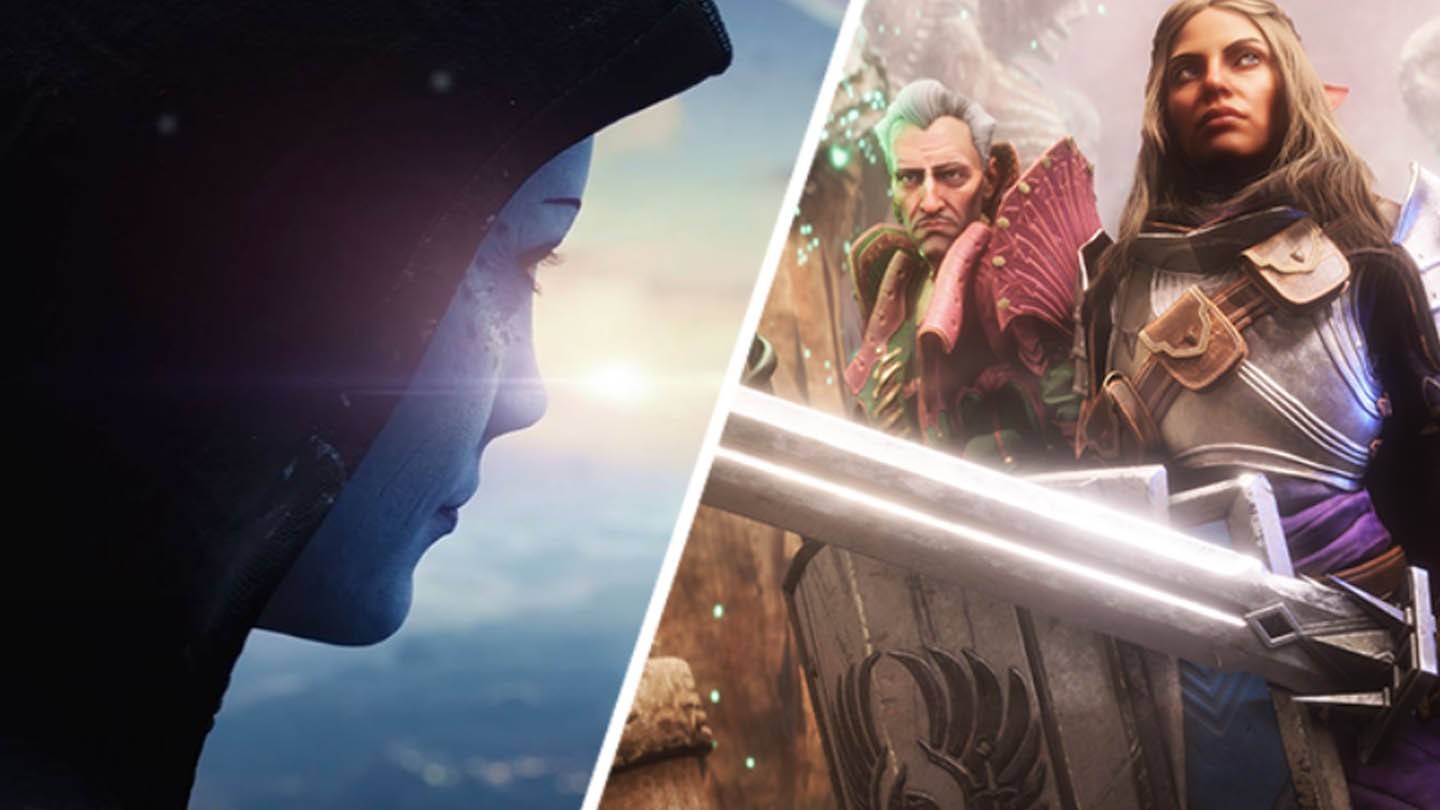 Image: x.com
Image: x.com
Table of Content
- The Long Road to Dragon Age 4
- Key Departures at BioWare
- Dragon Age 4 Tried to Mimic Mass Effect but Failed
- Is Dragon Age Dead?
- What About the Next Mass Effect?
The Long Road to Dragon Age 4
Development for Dragon Age 4 began with ambitious plans following the success of Dragon Age: Inquisition. Mark Darrah, then overseeing the series, envisioned a trilogy with releases planned for 2019–2020, 2021–2022, and 2023–2024. However, the project faced numerous setbacks, including resource diversions to Mass Effect: Andromeda and Anthem. From 2017 to 2019, progress was minimal, and the game shifted from a live-service model to a single-player experience, undergoing several name changes before its release as The Veilguard on October 31, 2024.
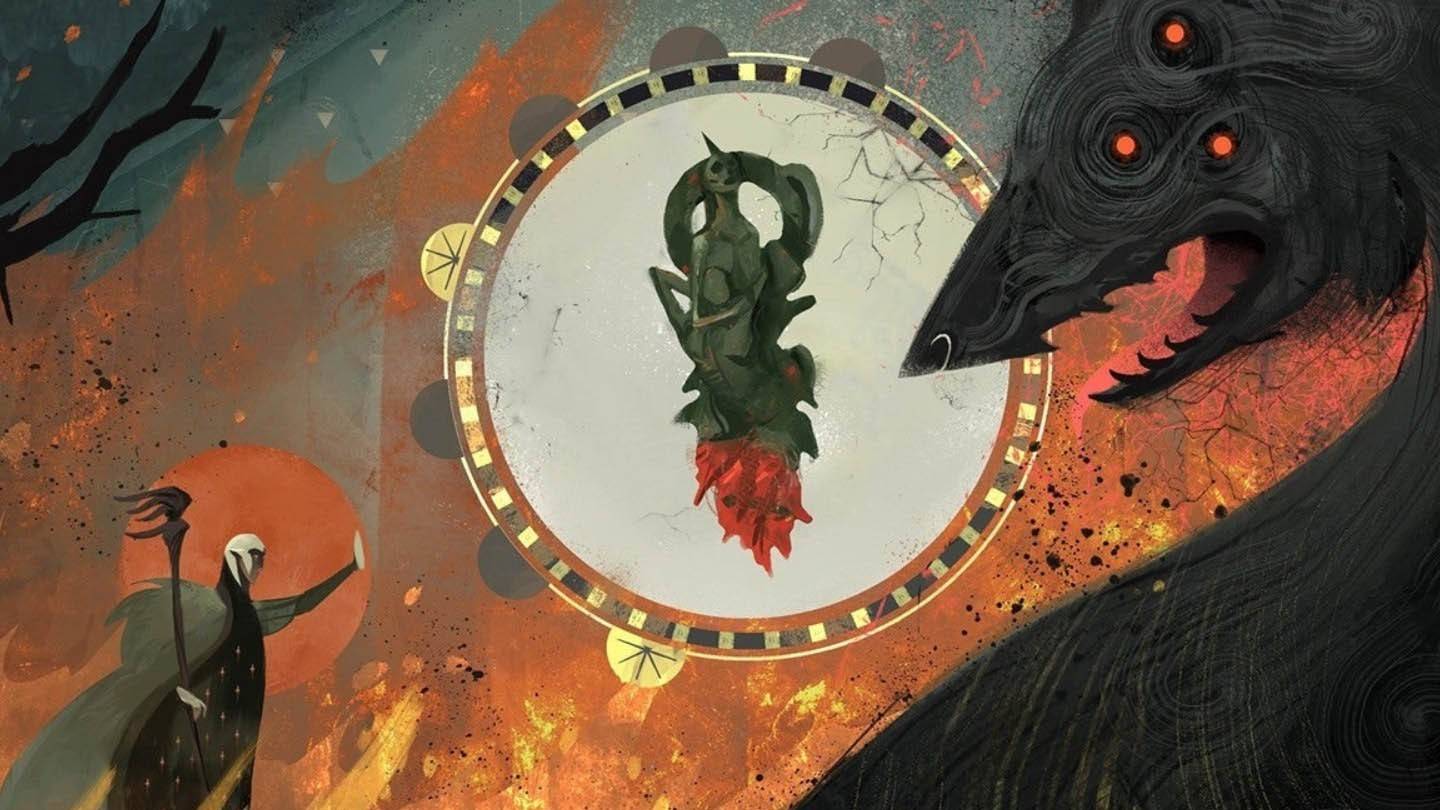 Image: x.com
Image: x.com
Key Departures at BioWare
The disappointing performance of The Veilguard led to significant changes at BioWare. Key departures included Patrick and Karin Weekes, who contributed to the narratives of Mass Effect and Dragon Age, and game director Corinne Bouche, who moved on to develop a new RPG. Other notable exits included Cheryl Chi, Silvia Feketekuti, and John Epler, further reducing the studio's workforce and shifting focus to other EA projects.
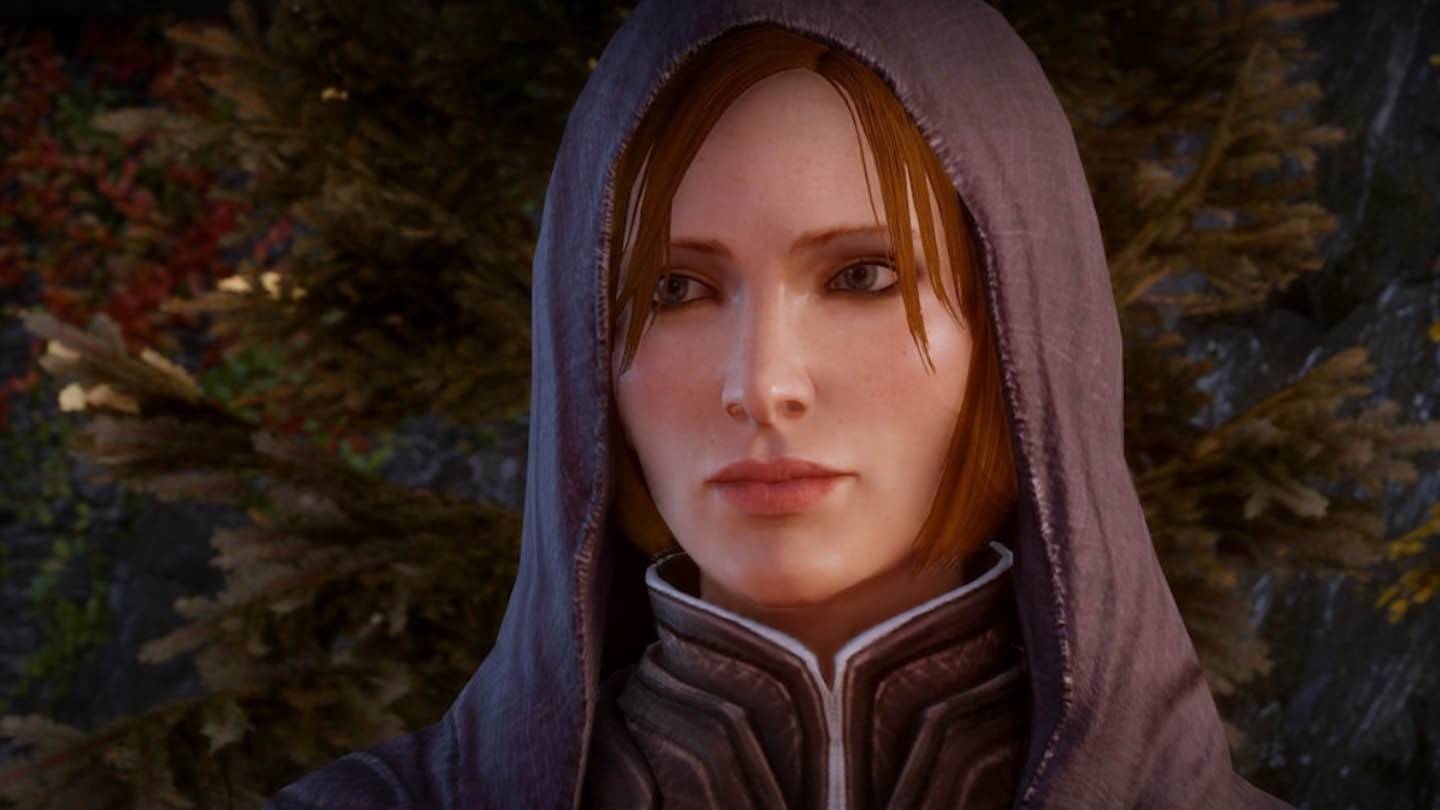 Image: x.com
Image: x.com
Dragon Age 4 Tried to Mimic Mass Effect but Failed
In an attempt to recapture the success of Mass Effect 2, Dragon Age: The Veilguard focused on companion relationships and impactful player choices. However, the game struggled to maintain the complexity and depth of its predecessors. The narrative felt linear, and the dialogue systems lacked the variability and consequence that fans expected. Despite some praised elements, the game was criticized for failing to meet the standards of a true RPG and a Dragon Age title.
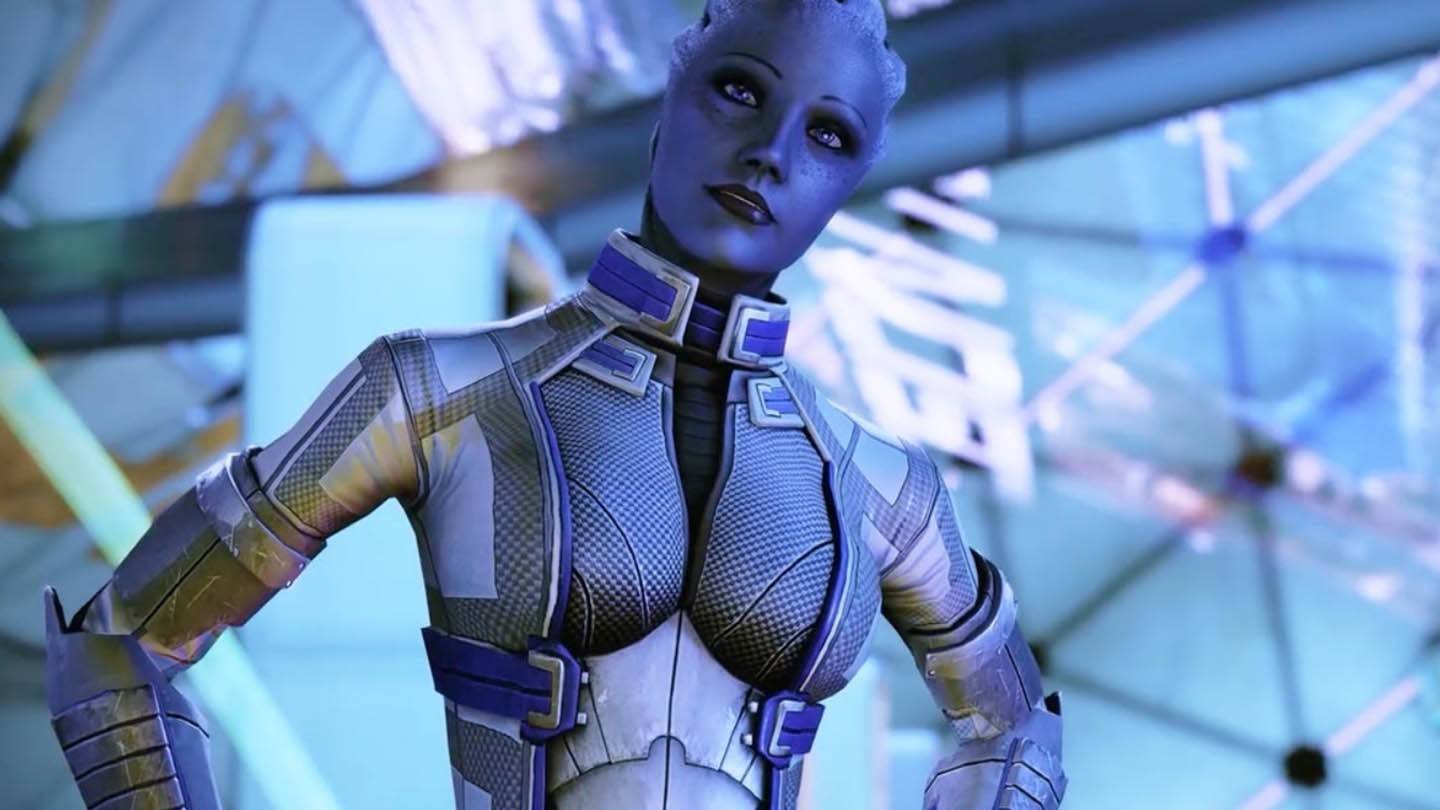 Image: x.com
Image: x.com
Is Dragon Age Dead?
EA's leadership has suggested that The Veilguard might have performed better as a live-service game, aligning with modern gaming trends. Financial reports indicate that EA is focusing on more profitable ventures, with neither Dragon Age nor Mass Effect mentioned in future investments. While former staff expressed interest in expanding the Dragon Age universe, their departure leaves the series' future uncertain. If it returns, it may take years and could be in a transformed format.
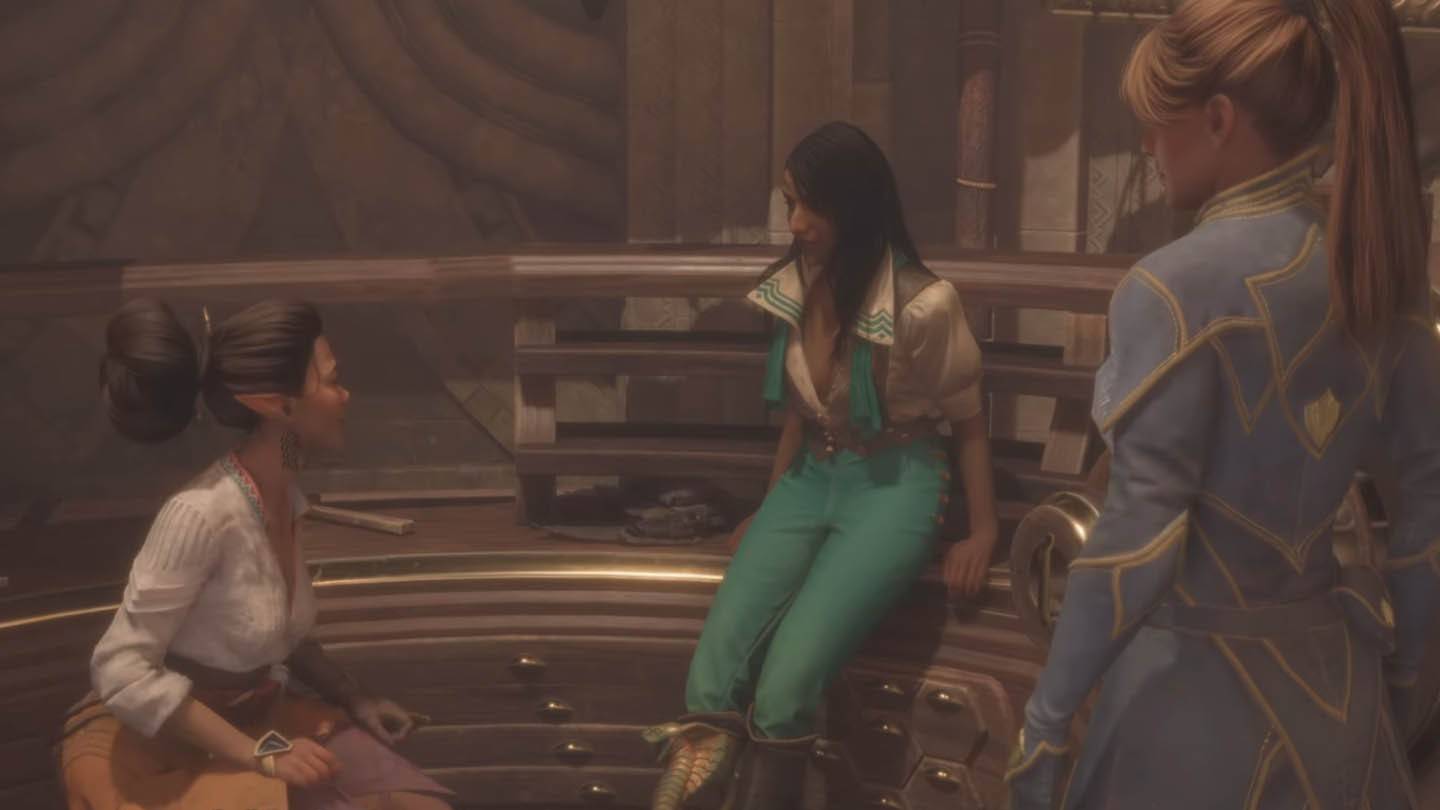 Image: x.com
Image: x.com
What About the Next Mass Effect?
The next Mass Effect, announced in 2020, is currently in pre-production. Led by a new team under Michael Gamble, the game aims to continue the original trilogy's storyline and potentially link to Andromeda. With a focus on photorealism and a reduced team, the project is BioWare's sole large-scale endeavor. However, due to studio restructuring and extended production cycles, a release is not expected before 2027.
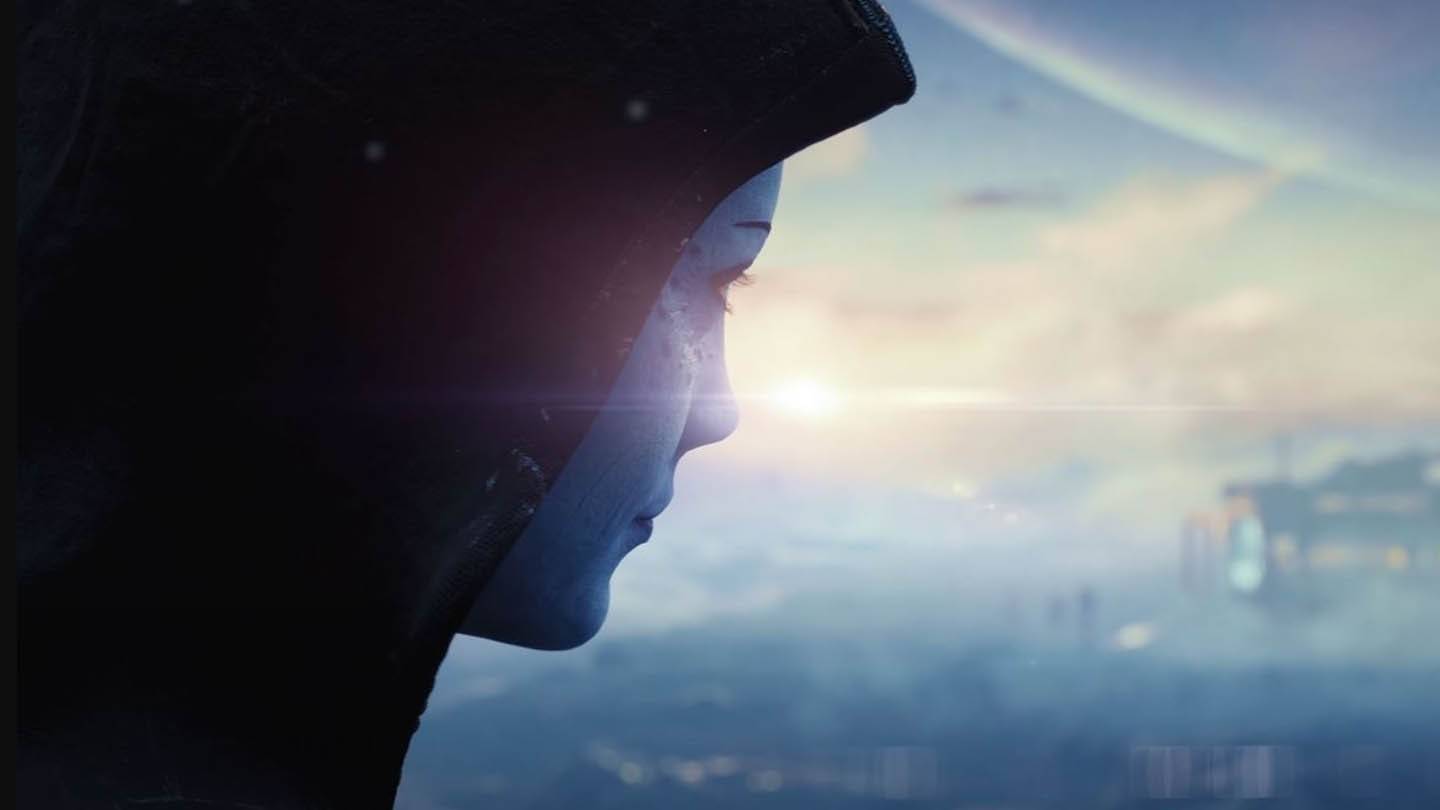 Image: x.com
Image: x.com





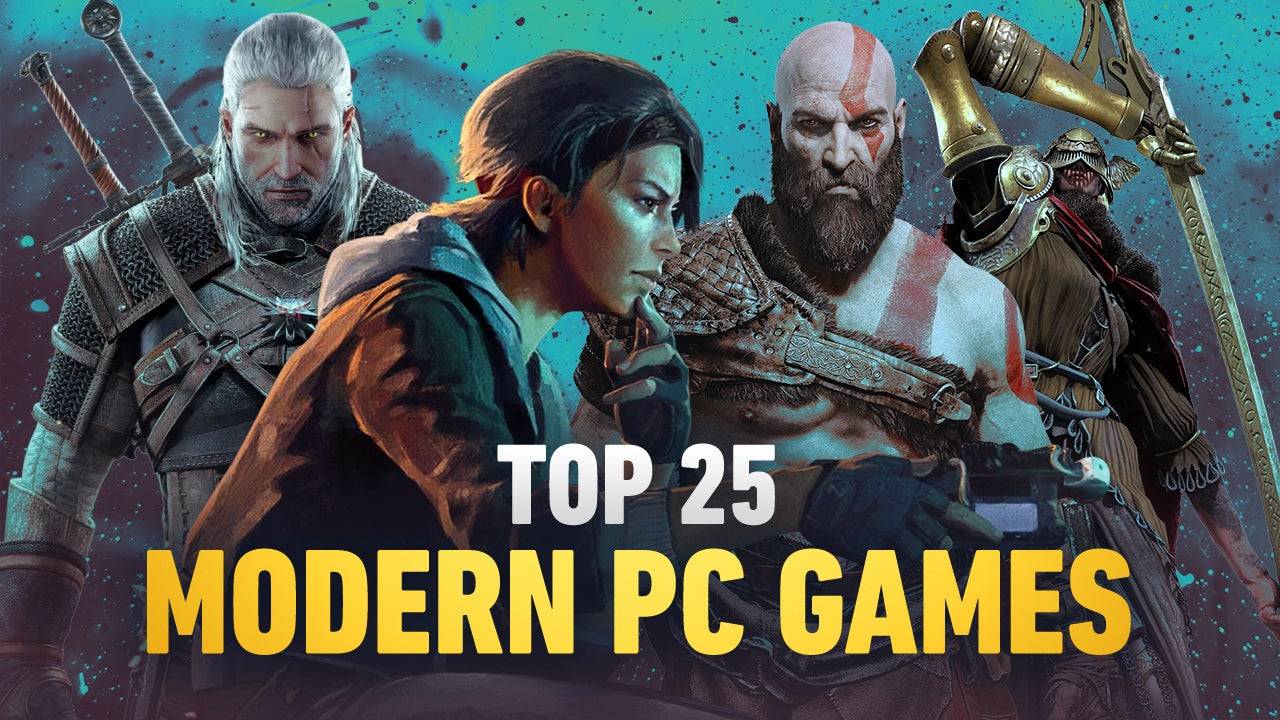


![Taffy Tales [v1.07.3a]](https://imgs.xfsxw.com/uploads/32/1719554710667e529623764.jpg)






